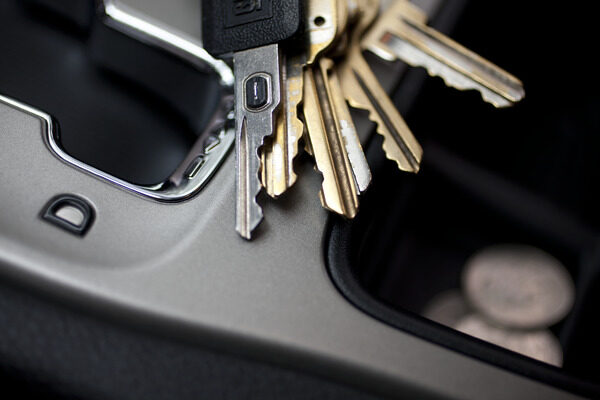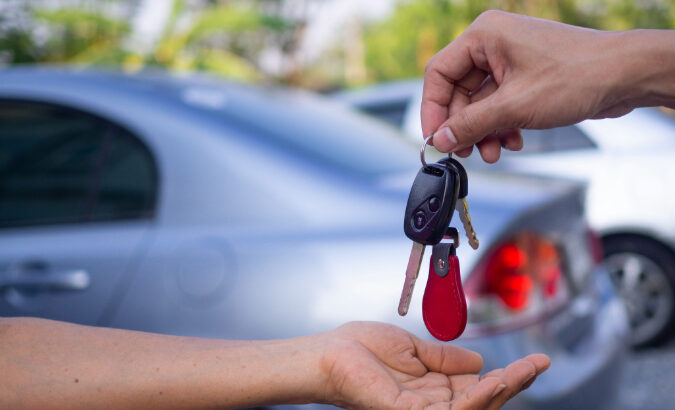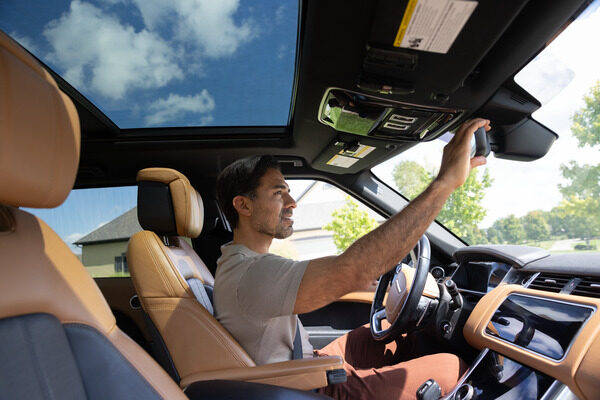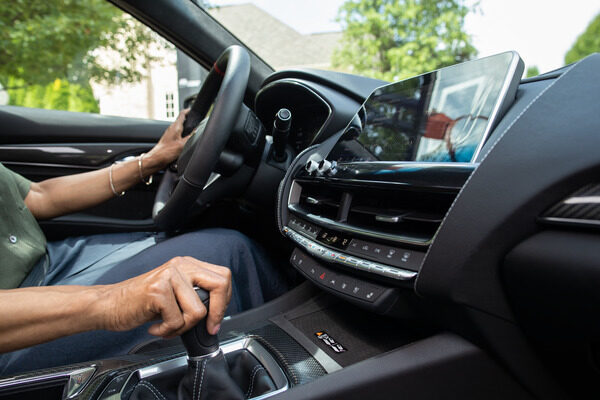
Buying a car has become more streamlined, making the buying process faster than ever. However, not bringing the proper documents with you can hold up a purchase. Knowing what paperwork you need to bring along when you’re buying a car can keep the process moving. In addition to your driver’s license, there are a few other documents you’ll need to bring along when buying a car:
![Buying a Car? Learn What Documents You’ll Need to Bring [Infographic]](https://blog.nationwide.com/wp-content/uploads/2017/05/INFO_car_NEWV4.png)
Proof of insurance
Tom McParland of Automatch Consulting, recommends contacting your insurance agent before you head to the dealership to let them know what you’re planning to buy. Your insurance agent can also tell you if you can expect a change in your insurance rates – something you’ll want to know before you buy.
“If you’re ready to close the deal, just inform your agent of what the new vehicle will be and have them issue a temporary card and update the policy accordingly,” McParland advises. He says that although the policy will need to be updated with the new car’s vehicle identification number, or VIN, to make it official, getting some of the work done in advance will save time at the dealership.
In most states, proof of insurance on your existing car is sufficient to let you take a new car home. You’ll then have a short grace period to inform your insurance company of the new purchase and complete the paperwork. If you’re not sure of what’s required in your state, make sure you talk to your insurance agent before heading to the car lot.
Certificate of title
If you’re trading in a car, you’ll need to bring the certificate of title or, if you don’t own the vehicle outright, any relevant paperwork from the bank.
Financing information
“If you’re using outside financing and not going through the dealership for that, you need to bring all information related to that loan,” McParland says. If you’re getting financing through the dealership, what you need to bring could vary depending upon your credit score.
If you have strong credit, the items listed above should be all you need to close the deal. However, if you’re unsure of your credit rating or know it’s not very good, you may also need to bring your two most recent pay stubs, proof of residency (recent utility bills are fine) and even a list of references. You might not need them, but bringing these things with you will save you time if the dealership requests them.
Do online research
Thanks to online resources, you can do much of your fact-finding before you ever visit the dealership. You can find out, for example, what features are available and what you can expect to pay.
“I always recommend that people go online first and find the car they’re interested in before they go out shopping,” advises McParland. “Being able to do so much online really streamlines your time. You can call the dealership and tell them what car you’re looking for, what trim level you want and then make an appointment to go test-drive the car. They’ll have it ready for you, and it also shows them you know what you’re doing—so they’re going to take you more seriously.”
For more information on purchasing a car, review this first time buyer’s guide or this used car buying guide to break down the different steps of each process.



